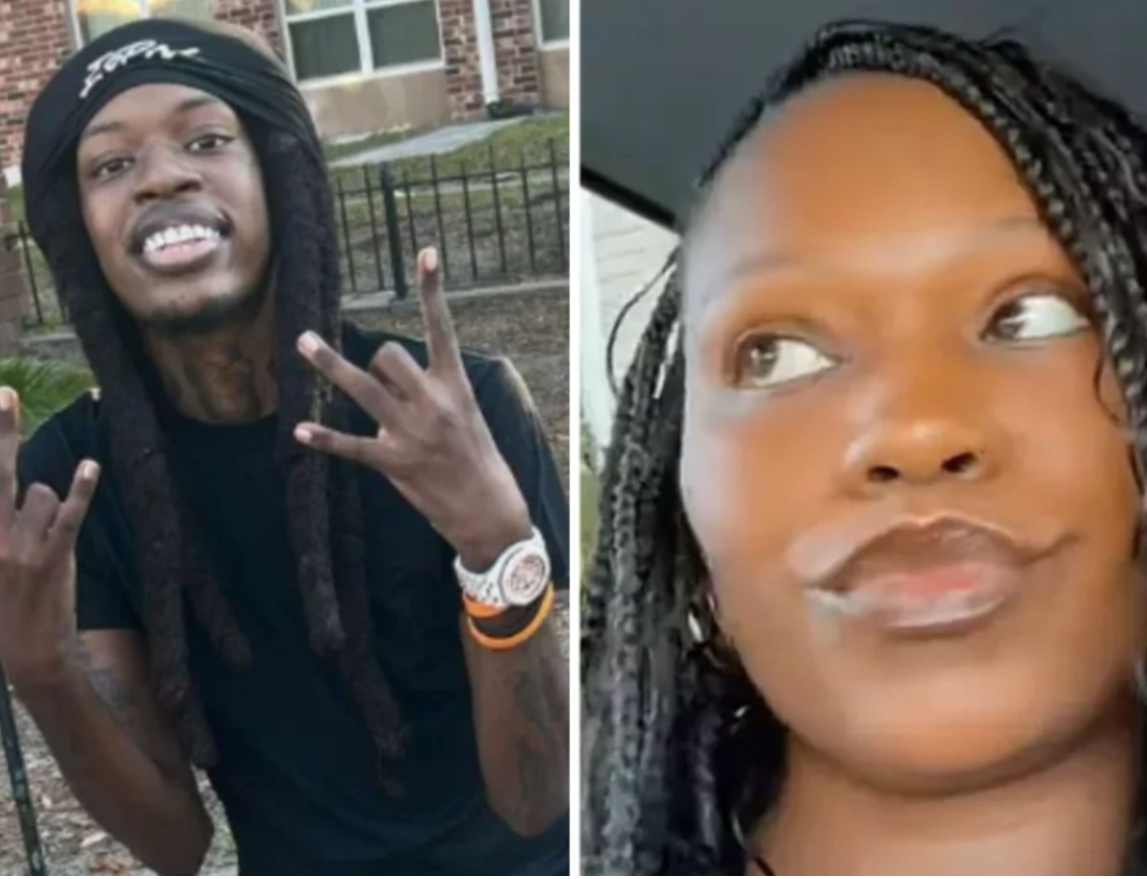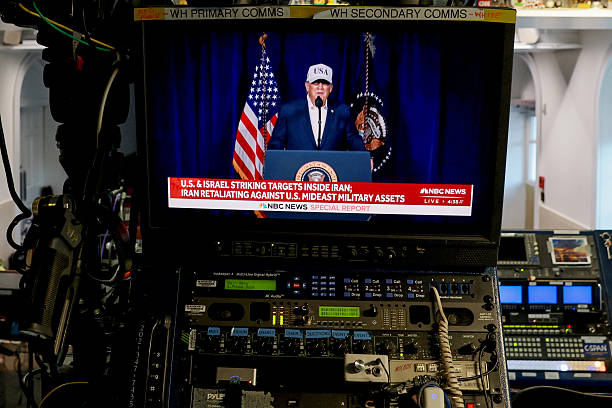(ThyBlackMan.com) In a tragic turn of events that has shaken the hip-hop community, the untimely death of rising rap star Julio Foolio has reignited discussions about the dangerous allure of the rap game. Julio Foolio, born Charles Jones, was a talented young rapper whose life was cut short in a violent incident that has left his family and fans devastated. His mother, devastated by her son’s death, has publicly blamed his involvement in the rap industry for his demise, vowing that “we will have justice.”

Julio Foolio’s RAP Career: A Meteoric Rise
Julio Foolio’s journey in the music industry was nothing short of remarkable. Hailing from Jacksonville, Florida, he emerged as a prominent figure in the local rap scene, known for his raw and unfiltered lyrics that reflected his harsh upbringing. Foolio’s music was a reflection of his life experiences, often detailing the struggles and realities of growing up in a rough neighborhood.
Foolio gained widespread recognition with his breakout single “Crooks,” which quickly garnered millions of views on YouTube. His authenticity and unapologetic style resonated with a broad audience, particularly young people who saw their own experiences mirrored in his lyrics. With subsequent hits like “Bibby Story” and “Back in Blood (Remix),” Foolio solidified his place in the rap industry, earning a dedicated fanbase and collaborating with other prominent artists.
Despite his success, Foolio’s career was marred by ongoing feuds and violent encounters. His lyrics often referenced real-life conflicts and rivalries, which only served to heighten tensions. While his music career was taking off, Foolio remained entangled in the very environment he rapped about, an environment that ultimately played a role in his tragic end.
The Dark Side of the Rap Game: A Deadly Attraction
Julio Foolio’s death is not an isolated incident; it is part of a disturbing trend that has seen the premature deaths of several young rappers. The rap game, with its promise of fame and fortune, has become a double-edged sword for many aspiring artists. While it offers a way out of poverty and a platform for self-expression, it also exposes young artists to a world of violence, drugs, and dangerous rivalries.
The allure of the streets is a pervasive theme in rap music. For many young rappers, the streets represent a source of credibility and authenticity. However, this embrace of street culture comes with significant risks. The rap industry often glamorizes a lifestyle that is inherently dangerous, encouraging young artists to maintain ties to their old neighborhoods and engage in risky behaviors to keep their street credibility intact.
This dangerous cycle has claimed the lives of numerous young rappers. From the tragic deaths of Tupac Shakur and The Notorious B.I.G. in the 1990s to more recent losses like Pop Smoke and XXXTentacion, the pattern is disturbingly consistent. These artists, like Julio Foolio, had bright futures ahead of them but were cut down by the very lifestyle they rapped about.
Why Young Rappers Embrace the Streets
Understanding why young rappers continue to embrace the streets despite the risks requires a closer look at the socio-economic conditions that drive them. Many aspiring rappers come from impoverished backgrounds where opportunities for upward mobility are limited. For these individuals, rap music offers a way out of their circumstances, providing a means to achieve financial stability and social recognition.
The streets, for all their dangers, also offer a sense of identity and belonging. For many young rappers, the streets are where they grew up, where they formed bonds, and where they earned respect. Abandoning this identity can be difficult, especially when their music career is built on the authenticity of their street experiences. The pressure to remain connected to their roots often leads to a dangerous balancing act between their music career and their street affiliations.
Moreover, the rap industry itself plays a role in perpetuating this cycle. Record labels and promoters frequently capitalize on the “street” image of young rappers, knowing that it sells records and attracts attention. This exploitation of young black men for profit often leaves them vulnerable to the very dangers that claim their lives.
The Rap Industry’s Role in Polluting the Community
The rap industry’s exploitation of young black men extends beyond the individual artists; it has a broader impact on the community. The glamorization of violence, drug use, and criminal behavior in rap music can have a detrimental effect on impressionable youth. As young fans look up to these artists as role models, they may be influenced to emulate the behaviors and lifestyles depicted in the music.
This cycle of influence perpetuates a culture of violence and criminality within communities, contributing to the very issues that many rappers seek to escape. The industry’s focus on profit over the well-being of its artists and their communities has long been a point of contention. Critics argue that the industry should take more responsibility for the messages it promotes and the impact it has on young listeners.
Julio Foolio’s death is a stark reminder of the need for change within the rap industry. It highlights the urgent need for the industry to prioritize the safety and well-being of its artists over profits. This includes providing support systems for young rappers, promoting positive role models, and addressing the socio-economic issues that drive them to embrace dangerous lifestyles.
A Mother’s Heartbreak: “We Will Have Justice”
In the wake of Julio Foolio’s death, his mother has been vocal about her belief that his involvement in the rap industry was a significant factor in his demise. In an emotional statement, she expressed her heartbreak and frustration, vowing to seek justice for her son.
“My son would be alive today if he had not chosen to become a rapper,” she said. “The rap industry exploits these young men, encourages them to embrace dangerous lifestyles, and then abandons them when things go wrong. We will have justice for my son.”
Her words resonate with many who have lost loved ones to the violence that plagues the rap industry. For Julio Foolio’s mother, justice means holding those responsible for perpetuating this cycle accountable. It means demanding change within an industry that has too often prioritized profit over the lives of its artists.
A Call for Change
Julio Foolio’s tragic death serves as a wake-up call for the rap industry and the broader community. It underscores the need for a comprehensive approach to address the issues that drive young rappers to embrace dangerous lifestyles. This includes providing economic opportunities, promoting positive role models, and fostering a culture of support and accountability within the industry.
The rap industry must take a more active role in protecting its artists and promoting positive messages. This involves not only changing the content of the music but also addressing the underlying socio-economic issues that drive young men to the streets. Record labels and promoters have a responsibility to support their artists, providing resources for mental health, security, and career guidance.
For young rappers, understanding the risks associated with embracing the streets is crucial. They must be encouraged to pursue their dreams while staying safe and making positive choices. This involves creating a support system that helps them navigate the challenges of fame and the pressures of maintaining their street credibility.
Julio Foolio’s death is a heartbreaking reminder of the dangers that young rappers face in their pursuit of success. His mother’s poignant words highlight the urgent need for change within the rap industry and the broader community. As we mourn the loss of another talented young artist, we must also take action to address the issues that contribute to these tragic outcomes.
The rap industry has the power to influence millions of young people. It has the potential to be a force for positive change, promoting messages of resilience, hope, and empowerment. By prioritizing the well-being of its artists and addressing the socio-economic conditions that drive them to the streets, the industry can help prevent future tragedies and honor the memory of those like Julio Foolio who lost their lives too soon.

















This appears to be a recurring pattern: a famous rapper dies, and their relatives demand justice. It’s disheartening that we often show concern only after their death, rather than while they are alive. Allowing individuals to foresee their own demise within the context of the streets and gangsta lifestyle is deeply troubling. As a community, we must strive to do better.
Playing devil’s advocate, one might ask: where was Julio Foolio’s mother before he decided to hit the streets and become a gangsta rapper? Why wasn’t she there to guide him in distinguishing right from wrong? It’s understood that she does work and that the area they come from isn’t even in the hood. Why, then, did she allow her son to embark on a path of self-destruction?
It is often said that such messages come too late, but perhaps someone out there will heed this warning and change their ways. The streets are not meant for anyone, and now Julio Foolio’s mother must bear the loss of her son. It is deeply saddening to witness what has become of our community. Despite this, there are still individuals who willingly spread harmful influences to our youth. The claim that rap music is dead seems more accurate with each passing day.